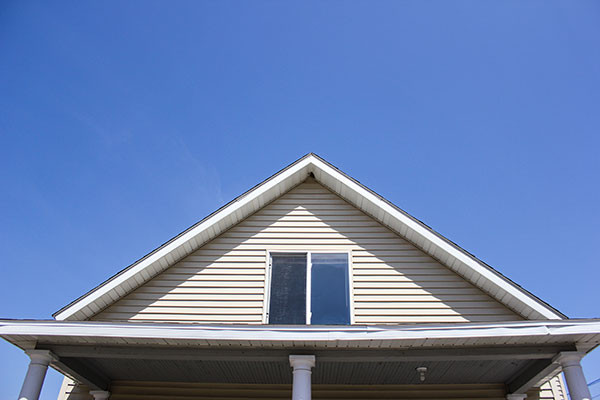
Are you ready to sign your first lease?
Today’s the day. You’ve seen the house, you’ve picked out your roommates and your new home is just a short commute to campus– score!
But do you really know what you’re agreeing to in your lease? Here are few tips and tricks to make sure you know exactly what you’re signature is confirming on that new house or apartment contract.
Check Out the Neighborhood
Walk around the block before you sign your lease. While the house itself may be perfect, the location might not. Are you near a lot of busy streets? That might make it hard to get a good night’s sleep. Who are your neighbors? Go around and talk to a few potential neighbors. Ask them what they think of the area and what experience they had with the previous renters before you. Lastly, walk around the neighborhood at night. Are there streetlights? Do you feel safe walking to campus? These are all very important details to note before you sign.
Look for Trouble Spots
Mold, broken floorboards, leaky faucets–every house is bound to need a few repairs. However, make sure you look for these sorts of things during a tour of the house. It also wouldn’t hurt to ask to have these repairs made before you move in. Ask if the landlord(s) live nearby in case you need help with something in the future. These are the people you need to talk to first should something go wrong while you are living in the house. Also, chat with the previous renters about the landlord’s punctuality when the house needed fixing. This will tell you whether or not the landlords will be accommodating in the future.
Take Pictures
When touring a house, make sure you bring a camera with you every step of the way. It’s important to document any broken floorboards, walls or doors before you rent the house. This will be your proof that these things were already broken before you moved in. Typically, landlords will go through the property at the end of the lease and charge you for any ruined areas of the house. However, if you have visual proof that these things were already broken, you won’t get charged for someone else’s messy mistakes.
Note Additional Expenses
It’s important to remember that the monthly rent does not cover EVERYTHING when leasing a house or apartment. Depending on what your contract says, you may still need to pay for heat, electric, Internet and water separately. There may be other additional fees and expenses like parking or upkeep. Be sure to include all of these costs when budgeting out for the year. These smaller bills tend to add up quickly and without notice.
Talk to Other Renters
One of the best things you can do is talk to someone who’s been there. Renting a house or apartment is intimidating at first, especially when it’s your first time. There is a lot of responsibility that goes into signing your lease contract and sometimes can be overwhelming. The best thing to do is talk to other students or landlords with any questions you have about signing a lease. It’s better to express your concerns now than halfway through the semester with endless bills to pay, a clogged toilet and a bat in your basement (been there, done that).
Once you have done all of these things, take a deep breath, pick up a pen and sign that contract. And welcome to adult world.